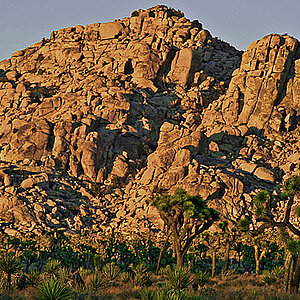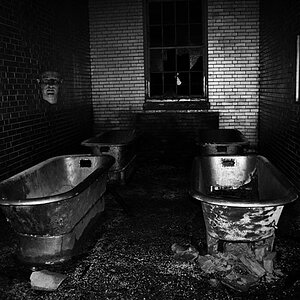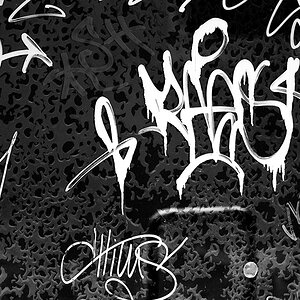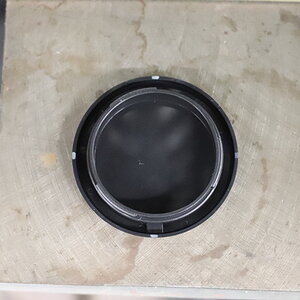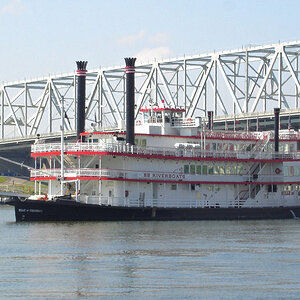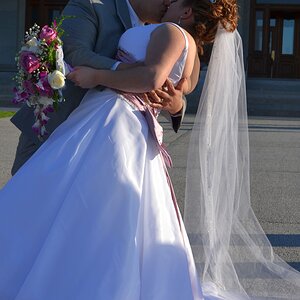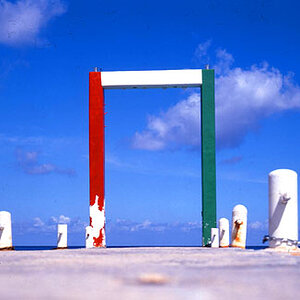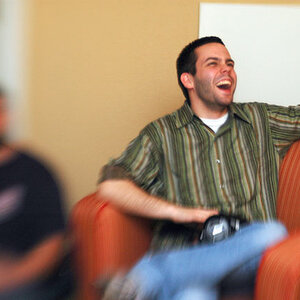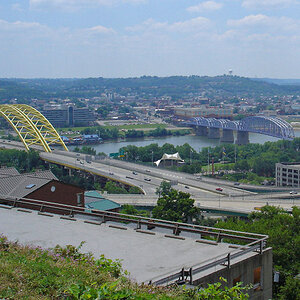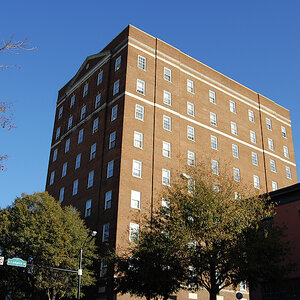skieur
TPF Noob!
- Joined
- May 14, 2007
- Messages
- 5,071
- Reaction score
- 204
- Location
- Canada
- Can others edit my Photos
- Photos OK to edit
I find film SLRs easier to shoot with at slower shutter speeds than digital cameras. With a film camera I handheld at 1/8 of a second and did a successful sharp blow up to 16 by 20 inches.
With digital I have found that even 1/50th of a second can be a challenge.
skieur
With digital I have found that even 1/50th of a second can be a challenge.
skieur


